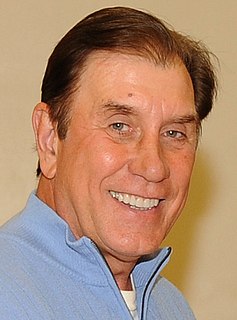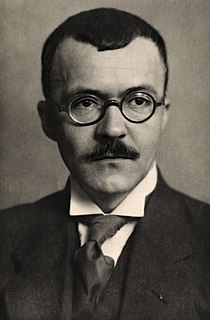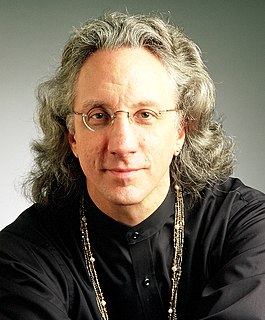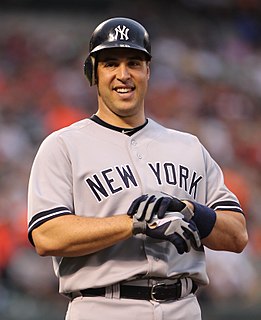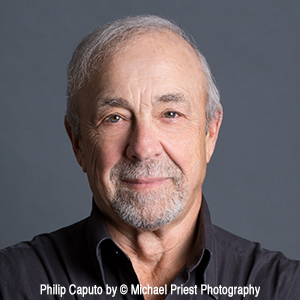A Quote by Alan Dershowitz
Yes, believers and non-believers and skeptics can all live together and get along. But there cannot be an imperialistic imposition of religion by the state or by the church. All people must be equal--believers, skeptics, disbelievers, atheists, and those who chose religion. Unless we are all deemed equal, and unless the morality of disbelief is deemed the equivalent of the morality of belief, we will simply be tolerated, and that is not the American way.
Related Quotes
Today courts wrongly interpret separation of church and state to mean that religion has no place in the public arena, or that morality derived from religion should not be permitted to shape our laws. Somehow freedom for religious expression has become freedom from religious expression. Secularists want to empty the public square of religion and religious-based morality so they can monopolize the shared space of society with their own views. In the process they have made religious believers into second-class citizens.
I am convinced that human nature is basically affectionate and good. If our behavior follows our kind and loving nature, immense benefits will result, not only for ourselves, but also for the society to which we belong. I generally refer to this sort of love and affection as a universal religion. Everyone needs it, believers as much as non-believers. This attitude constitutes the very basis of morality.
The Universe is vast. Nothing is more curious than the self-satisfied dogmatism with which mankind at each period of its history cherishes the delusion of the finality of existing modes of knowledge. Skeptics and believers are alike. At this moment scientists and skeptics are the leading dogmatists. Advance in detail is admitted; fundamental novelty is barred. This dogmatic common sense is the death of philosophic adventure.
In fact, the answers that religion, as we have come to know it, provides to the question of human worth have played so dominant a role in the preceding centuries that believers often cannot conceive how non-believers can muster sufficient commitment to their own lives to get out of bed each morning, let alone the ethical wherewithal to regard others as deserving of moral regard. Once one "comes out" as an atheist, these are the inquisitions to which one is often subjected.
Politics and morality are inseparable. And as morality's foundation is religion, religion and politics are necessarily related. We need religion as a guide. We need it because we are imperfect, and our government needs the church, because only those humble enough to admit they're sinners can bring to democracy the tolerance it requires in order to survive.
Even if 80 percent of the population of a country are Christian believers, they will have almost no cultural influence if the Christians do not live in cultural centers and work in culture-forging fields such as academia, publishing, media, entertainment, and the arts. The assumption that society will improve simply be more Christian believers being present is no longer valid.
Belief is a virus, and once it gets into you, its first order of business is to preserve itself, and the way it preserves itself is to keep you from having any doubts, and the way it keeps you from doubting is to blind you to the way things really are. Evidence contrary to the belief can be staring you straight in the face, and you won't see it... True believers just don't see things the way they are, because if they did, they wouldn't be true believers anymore.




